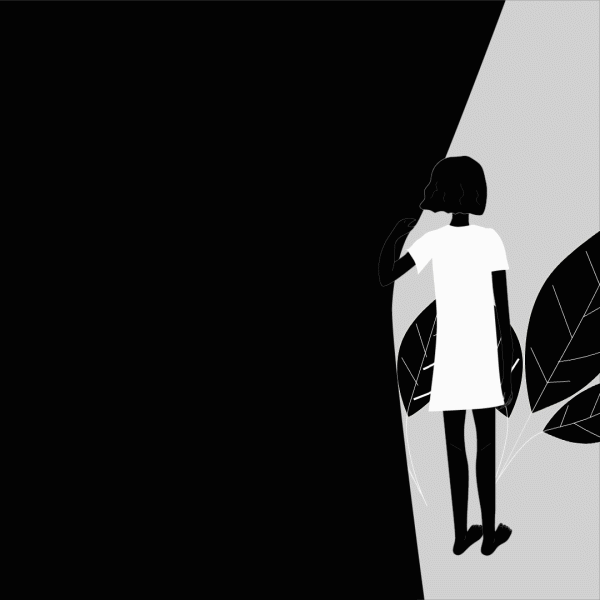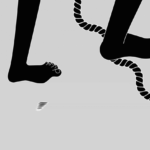SOCIAL ECOLOGY IN KOSOVO
Separating ecological problems from social problems means reducing the problem, therefore, it is very important to allow ourselves a new perspective on how we see these problems. Such a perspective would be awareness of the role that hierarchical society has in the natural world.

Illustration: Argjira Kukaj
Society has often neglected the fact that almost all of our ecological problems have their roots in deep social problems. If we view the current ecological problems as divided and unrelated with the problems within the social structure, then we will never clearly understand and evaluate them. Social ecology is still an unknown field in Kosovo but it can fit in almost all our ecological problems. Different from the traditional approach to ecology, social ecology puts emphasis on the importance of social relations and their impact on nature.
At a time when Kosovo is struggling with severe environmental degradation, we must be critical and clearly understand whose interests this degradation is beneficial to. The construction of waterplants and the exploitation of rivers, deforestation, quarries, new constructions on green spaces, the overtake of public spaces with adverts from private businesses are just a few of the results of human activity. When I mention human activity, I am referring completely to private companies, which for personal gains become the primary actors of the situation that we are in. It is well-known that these companies do not work alone. Supported by relevant public institutions, private companies are able to influence natures future. This private company and public institution duo should guarantee us two of our very important rights: negative right and positive right.
First, the negative right means that companies should not exploit and damage our living environments. And second, the positive right means guaranteeing our right to stop destructive activity by anyone.
Separating ecological issues from the social ones means to reduce the problem, so, it is important to find a new perspective regarding our viewpoint on these issues. Such a perspective would be, raising awareness on the role the hierarchical society has on our environment. Atmospheric and climate changes are very close yet they are not getting the necessary attention, nor in academic circles nor in everyday activism. If we refer to sociologist Ulrich Beck we are living in a risk society. Risk society presents a systematic approach to risk and uncertainty assessment that is a result of modernism. The thing about modern risk society is that the risks are not limited to one place. In this globalization period, these risks touch upon all places and all social classes. The difference is found in the way different classes of the society deal with crises. In dealing with ecological issues and other global crises, the position in the social hierarchy plays a very important role. The dominance of nature has reached such a point that the human mind does not know the limits of destructive ideas. A huge collective movement which would aim to challenge all who use natural resources for their benefits, is the only way to save nature and our lives.
About the author: Bleona Kurteshi, 20 years old, is currently finishing her sociological studies at the University of Prishtina.
This grant is supported by the Balkan Trust for Democracy, a project of the German Marshall Fund of the United States


